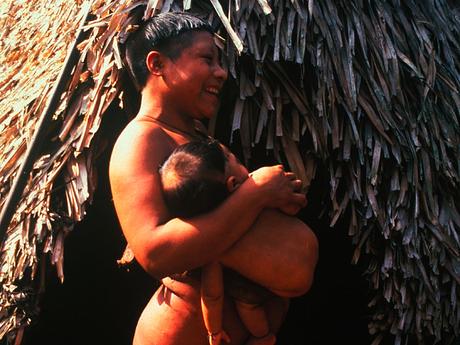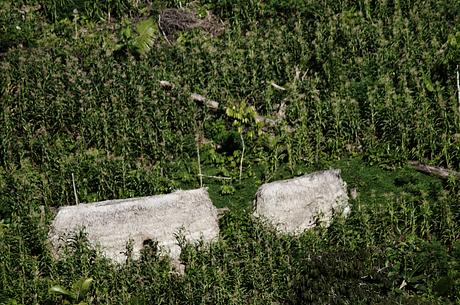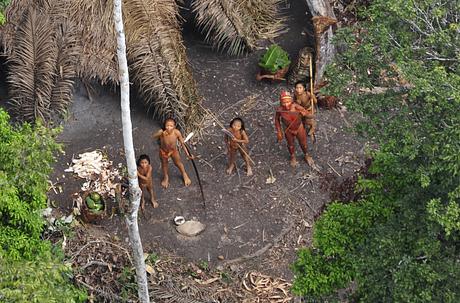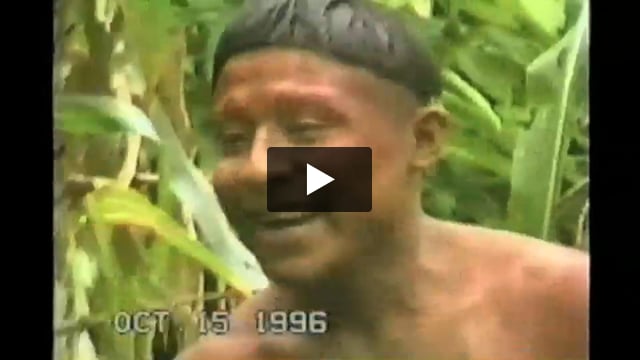New book on uncontacted Indians published
November 1, 2011
 © Erling Soderstrom/Survival
© Erling Soderstrom/SurvivalThis page was created in 2011 and may contain language which is now outdated.
Scott Wallace’s new book, ‘The Unconquered- In Search of the Amazon’s Last Uncontacted Tribes’, describes an arduous three-month journey deep into the Amazon rainforest of the Javari Valley, one of the largest Indigenous reserves in Brazil, and home to one of the greatest concentrations of uncontacted tribes in the world.
In 2002 he was invited by Sydney Possuelo, the founder of Brazil’s uncontacted Indians unit in the government’s Indian affairs department FUNAI, to document an expedition to gather information on an uncontacted tribe, nicknamed the ‘Flecheiros’ or ‘Arrow People’ on account of their long curare coated arrows.
Although little is known about them, the Flecheiros are at the heart of the book, which eloquently argues for their right to remain uncontacted and live as they choose on their land.
It’s a fascinating glimpse behind the scenes of the uncontacted Indians department, revealing the painstaking task facing the ‘sertanistas’ (fieldworkers) as they search for signs that the tribe is still alive and thriving, and try to map their gardens and hunting trails, whilst ensuring they never encounter them to avoid transmitting potentially lethal diseases.
Lurking in the background are a multitude of dangers: heavily armed drug traffickers, gold miners destroying the rivers with massive dredges, and settler families, all seeking to take over the Flecheiros’ lands.
 © Peetsa/FUNAI/CGIIRC Archive
© Peetsa/FUNAI/CGIIRC Archive
’The Unconquered’ is a gripping read: Scott Wallace captures the beauty and hostility of the rainforest, the tensions between the members of the expedition’s motley crew, and the powerful presence of the elusive Flecheiros.
Interspersed with observations on the situation of uncontacted tribes he paints the extraordinarily rich diversity of the Amazon and its Indigenous inhabitants past and present, who have contributed so much to human knowledge and diversity.
Occasionally however, there are references to ‘taming’ and ‘pacifying’ ‘wild’ tribes, language which jars with the author’s evident admiration for uncontacted peoples and their ability to survive the onslaught of a hostile and violent frontier society.
Public opinion in support of the world’s uncontacted tribes has never been so vital, as the pressures on their resource-rich territories are mounting. This book is a ‘wake-up call’, and aptly ends with a stark warning from Sydney Possuelo: ‘There will be no pardon for us if we allow them to disappear’.
Click here to see the trailer and order the book.



